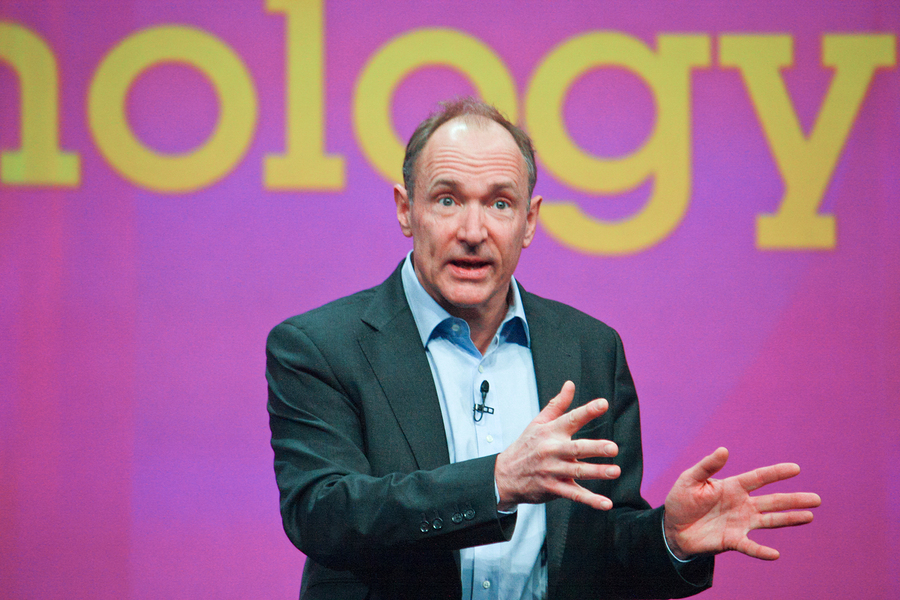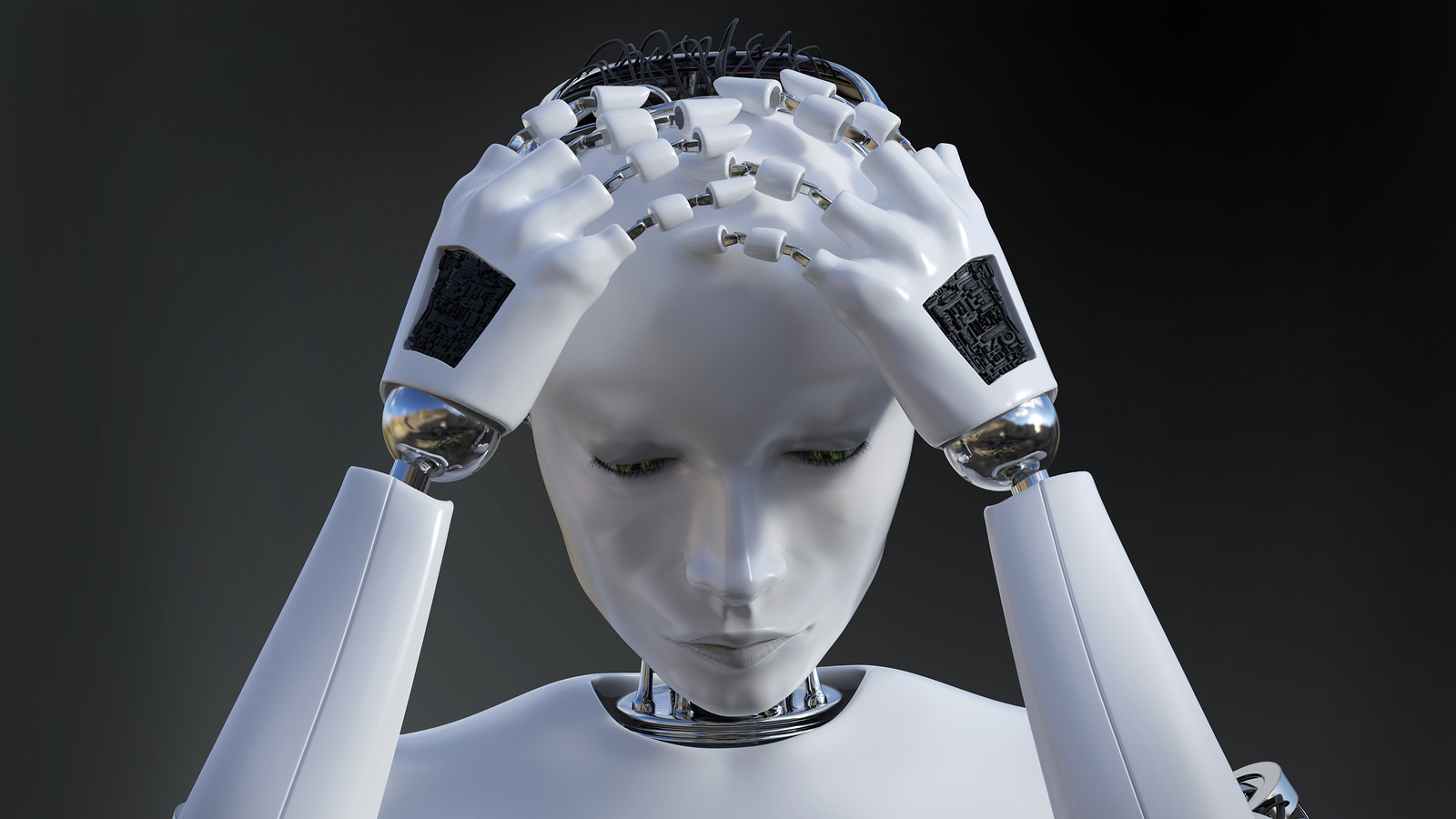Tim Berners-Lee: AI may lead to universal basic income
Web inventor posits universal basic income as the answer to automation job losses


Sir Tim Berners-Lee believes the use of AI in the workplace may necessitate a universal basic income for people whose jobs are automated.
Speaking at Dell EMC World, the inventor of the web discussed some of the fears surrounding AI, including the idea that algorithms, machine intelligence and robots will leave a growing number of people unemployed.
He said: "Let's talk about robots replacing jobs; robots taking my job. If you talk to a journalist, or if you talk to the mayor of a city, the first take you'll get on AI, and the biggest take, is: 'are robots going to take all the jobs of my people'."
These concerns, of course, are not based on sci-fi robots like replicants or cylons, but are instead grounded in the onset of machine learning and automation, with the UK government warned to start reskilling those whose jobs are at risk of automation.
"It'll be 'an autonomous vehicle is going to take my job', or 'a very smart tractor which doesn't require a driver is going to take my job', or 'the factory is going to get automated to the point where really very few people are needed to run it at all, and none of those will be me'," Berners-Lee argued.
One possible solution he posited to this is the adoption of a universal basic income - a form of welfare whereby everyone is entitled to a small but unconditional monthly payment. The idea is that by giving people enough money to afford food, shelter and other essentials, they will be free to pursue hobbies and interests, rather than working in jobs that they don't particularly care about.
A universal basic income has been suggested by some commentators as a possible way to negate the job losses increased automation could introduce. If the type of low-paying, manual labour jobs that are most under threat were no longer needed by people to survive, reductions in the number of vacancies would cease to be an issue.
Get the ITPro daily newsletter
Sign up today and you will receive a free copy of our Future Focus 2025 report - the leading guidance on AI, cybersecurity and other IT challenges as per 700+ senior executives
"A lot of people have described this idea that things like universal basic income will be a useful tool there," he said, "because in fact, we will get to the point that machines are doing a huge number of the current jobs."
He also highlighted the fact that as AI grows more sophisticated, it will start to take over not just blue-collar manufacturing jobs, but also white-collar careers as well. "Just look at what happens when machines get smarter, and they move on, and they start to replace, for example, newspaper editors. Newspaper editors, lawyers, doctors..."
Berners-Lee's key message was that AI is a complicated topic with a great deal of far-reaching implications, and should be handled with care. "We have to be responsible," he said.
Gartner this week said CIOs have a crucial role to play in introducing AI into their workforces to sit alongside human workers.
Picture: Bigstock
Adam Shepherd has been a technology journalist since 2015, covering everything from cloud storage and security, to smartphones and servers. Over the course of his career, he’s seen the spread of 5G, the growing ubiquity of wireless devices, and the start of the connected revolution. He’s also been to more trade shows and technology conferences than he cares to count.
Adam is an avid follower of the latest hardware innovations, and he is never happier than when tinkering with complex network configurations, or exploring a new Linux distro. He was also previously a co-host on the ITPro Podcast, where he was often found ranting about his love of strange gadgets, his disdain for Windows Mobile, and everything in between.
You can find Adam tweeting about enterprise technology (or more often bad jokes) @AdamShepherUK.
-
 Should AI PCs be part of your next hardware refresh?
Should AI PCs be part of your next hardware refresh?AI PCs are fast becoming a business staple and a surefire way to future-proof your business
By Bobby Hellard
-
 Westcon-Comstor and Vectra AI launch brace of new channel initiatives
Westcon-Comstor and Vectra AI launch brace of new channel initiativesNews Westcon-Comstor and Vectra AI have announced the launch of two new channel growth initiatives focused on the managed security service provider (MSSP) space and AWS Marketplace.
By Daniel Todd
